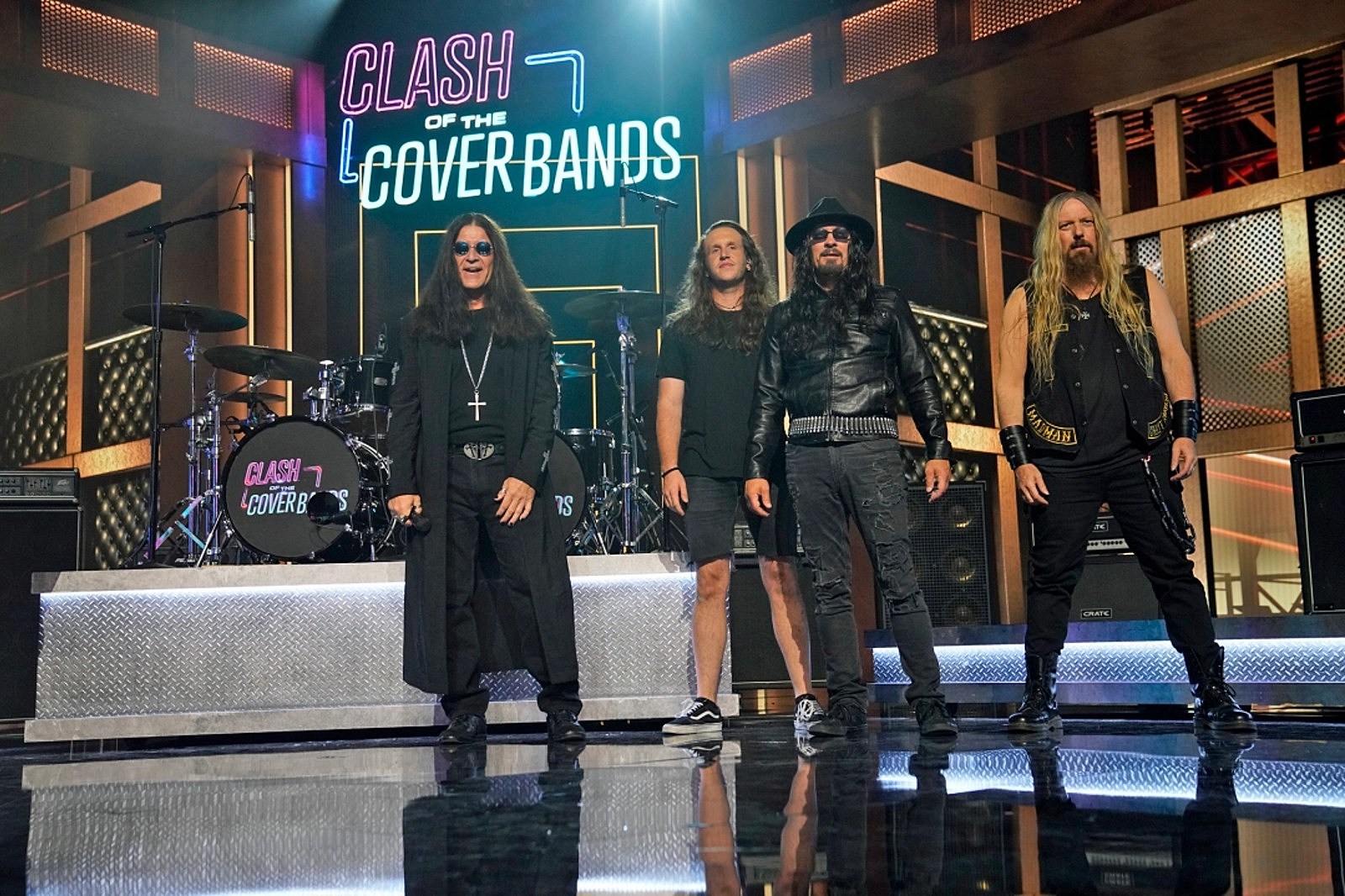

It’s a rarefied piece of songwriting from an old master, and sets up fairy tale closer Mr Crescent. Paint The Red Roses Blue is a lovely bruised piano-led story Costello says is about a “bereft couple learning to trust in love again”, while Nicole Atkins’ guest vocal provides beatific shade to Costello’s rueful recollections on the strutting My Most Beautiful Mistake.Ĭostello’s slicing lead lines and Steve Nieve’s devilish organ motifs are locked in a wholly enjoyable duel on Magnificent Hurt, while the almost vaudeville The Man You Love To Hate is dedicated to the memory of the ‘Dulwich Destroyer’, British wrestler Mick McManus, who died in 2013.ĭave Faragher’s newly adopted upright bass bounces through the enchanting Trick Out The Truth, as, Dylan-like, Costello conjures visions of Mussolini, Gustav Mahler and The Marxists: Groucho, Chico, Harpo and Karl. The tonal palette refreshingly mixed, other highlights are far more reflective. A cyclical, almost math-rock, riff is threaded through the verses before Costello digs in for a rare trio of red-hot bluesy solos, the first ushered in by a wide searching bend. Yet on What If I Can’t Give You Anything But Love his playing surges to the fore. Despite largely being pieced together from remotely recorded parts, his latest is equally sharp.įresh from the experience of touring with Bob Dylan guitarist Charlie Sexton, on The Boy Named If, Costello’s famous Jazzmaster is tasked mostly with unobtrusive rhythm duties.

On 2018’s Look Now and Hey Clockface (2020), Costello sounded as invigorated, fractious and direct as at any point since his mid-80s pomp, eschewing genre exploration to focus in on the articulate punky melodicism that defined his best records. A special edition includes an 88-page book of illustrated stories to accompany each song. Small Speaker Overdrive review: your new secret weapon for small-amp tones?įull title The Boy Named If (And Other Children’s Stories), Costello describes the overarching subject of his new album as: “your secret self, the one who knows everything you deny, the one you blame for the shattered crockery and the hearts you break, even your own.” For the most part, it’s an exhilarating and vulnerable reflection on the bridge between childhood and the enticing yet frightening adult world. However, our focus should be firmly on the present, because Costello, it seems, is in something of a golden period. Much was written ahead of the release of Elvis Costello’s 32nd studio album about his request that radio stations cease playing 1979 hit Oliver’s Army, the most recognisable moment from his decorated musical past.


 0 kommentar(er)
0 kommentar(er)
